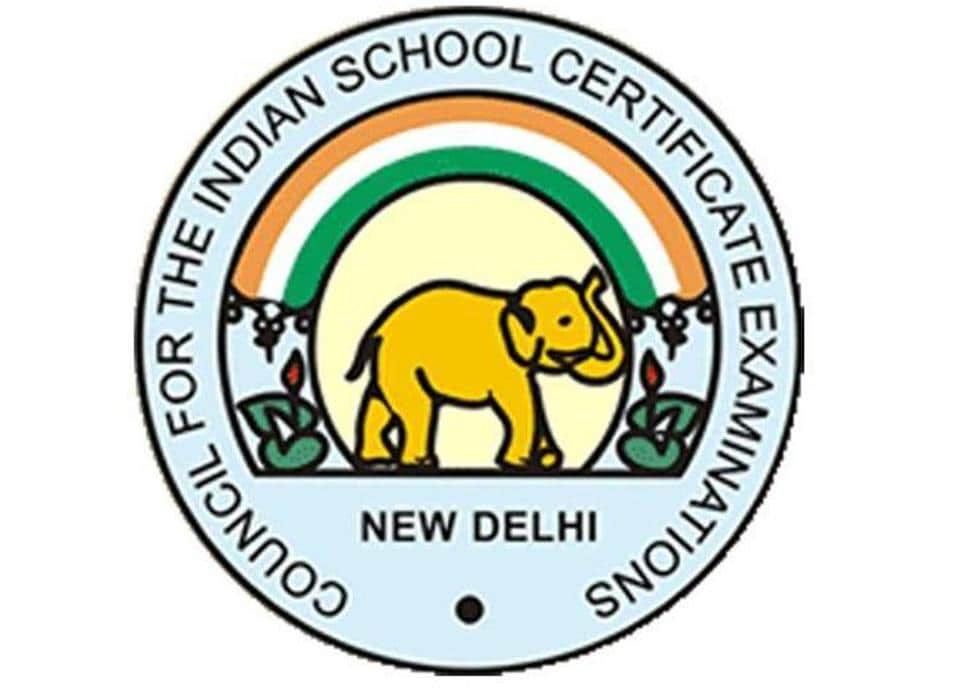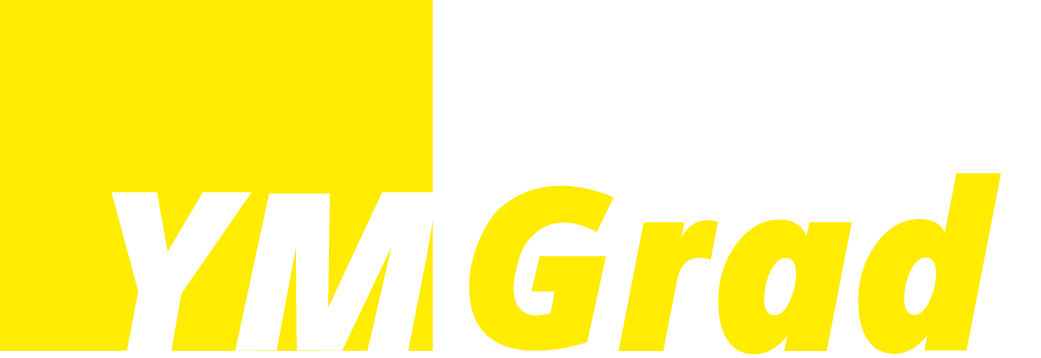CBSE vs ICSE vs IB vs IGCSE: Education Boards in India

.jpg)
Choosing the right school board for your child in India is a big decision. There are 65 school boards divided into regular and open educational boards in India. The most popular options are CBSE, IGCSE, IB, and ICSE. This guide is here to help you understand the differences and find the board that suits your child the most.
Education Boards in India
School boards like CBSE, ICSE, IB, and IGCSE influence students' learning and growth. They mould the learning environment, setting the stage for their personal development. CBSE, known for its structured curriculum, follows the saying, ' Teach the child not the subject, as facts will be soon outdated.' ICSE focuses on making students think deeply about what they learn. IB schools teach students about different cultures and give them a global education. IGCSE also offers a holistic perspective, flexible subject choices, and an emphasis on critical thinking. Our education boards lay a solid foundation for students to adapt to unfamiliar academic atmospheres. Let's discuss the four major school boards in India.
 Central Board of Secondary Education (CBSE)
Central Board of Secondary Education (CBSE)
CBSE is recognized as a leading educational board for public and private schools in India. It is managed by the Government of India.
- CBSE has a standardized syllabus and is reputed for its emphasis on overall growth.
- The board focuses on building a strong base in mathematics, science, and English and concentrates on Hindi.
- While the curriculum and examinations of the CBSE are skill and knowledge-based, it is also helpful for students to prepare for competitive exams such as the Joint Entrance Examination (JEE) for engineering and the National Eligibility cum Entrance Test (NEET) for medical courses.
 Indian Certificate of Secondary Education (ICSE)
Indian Certificate of Secondary Education (ICSE)
ICSE is an educational board in India administered by the Council for the Indian School Certificate Examinations.
- ICSE offers a balanced curriculum, drawing equal importance on Languages, Science, and Humanities, providing students with a strong base in various disciplines.
- The ICSE board's main focus is communication skills, emphasizing practical skills. CSE provides an academic program that concentrates on deep understanding.
- The board aims to make creativity central to the teaching process while fostering innovation among the students who study under it, preparing them to excel in various fields through various disciplines.
 International Baccalaureate (IB) Schools
International Baccalaureate (IB) Schools
The IBO (International Baccalaureate Organization) is an international educational foundation headquartered in Geneva, Switzerland.
- IB Schools are known worldwide for their global approach to learning systems.
- The IB enables students to direct their own learning pathway and develop the skills and confidence they need to thrive and make a lasting difference.
- Some colleges give significant exemptions if IB students score well on their HL subjects (6's or 7's). Simply put, you get college credit for doing well on IB HL courses.
 International General Certificate of Secondary Education (IGCSE)
International General Certificate of Secondary Education (IGCSE)
IGCSE is an internationally recognized curriculum developed by Cambridge Assessment International Education.
- The Cambridge IGCSE emphasizes skill development, the practical application of knowledge, and a global perspective.
- The IGCSE assessments include internal and external components, providing a balanced evaluation of students' knowledge and skills.
- It includes standardized external exams at the end of the course, which are set and marked by Cambridge International Education.
What is the Difference?
Regarding India's four major school boards, IB, IGCSE, CBSE, and ICSE, much debate exists about which is the toughest. However, the truth is that each board has its own set of unique features and challenges. The difficulty level ultimately depends on individual student preferences, learning styles, and academic goals. Here are some key differences to give you an overview:
Subjects Offered
CBSE:
- Class 10: Subjects typically include Mathematics, Science, Social Science, English, and additional languages.
- Class 12: Subjects include Physics, Chemistry, Biology/Mathematics, and English, and optional subjects include Computer Science, Economics, and Business Studies.
ICSE
- Class 10: Subjects include English, Mathematics, Science (Physics, Chemistry, Biology), History, Geography, and additional languages.
- Class 12: Subjects vary widely, including English, Physics, Chemistry, Biology/Mathematics, Economics, Business Studies, etc.
IB
- The International Baccalaureate offers various programs, including the IB Primary Years Program (PYP), IB Middle Years Program (MYP), and IB Diploma Program (DP).
- The IB Diploma Program is typically for students of Classes 11 and 12. The syllabus includes subjects like Biology, Computer Science, and Mathematics: Higher Level/ Standard Level (HL/SL). HL indicates at least 240 hours of study, and SL indicates at least 150 hours of study.
IGCSE
- While English, Mathematics, and Science are essential subjects, students also enjoy the flexibility to select supplementary courses aligned with their personal preferences in the IGCSE syllabus.
- IGCSE encourages self-directed learning, critical thinking, and problem-solving skills, fostering independence and lifelong learning.
Board Curriculum
The curriculum is vital to understand what they offer and what your child will be exposed to. All boards have their standard and approach to developing curricula. While both ICSE and CBSE have an India-specific approach as they are Indian boards, IB and IGCSE, on the other hand, follow a more global approach in their curriculum. To help you understand better, here is the difference between the curriculum of all boards:
|
Abstract
|
IB | ICSE | CBSE | IGCSE |
Syllabus |
International Curriculum | India-Specific Curriculum | India-Specific Curriculum | International Curriculum |
Structure |
PYP, MYP, DP | Primary, Secondary, Senior Secondary | Primary, Secondary, Senior Secondary | Primary, Secondary, Senior Secondary |
Focus |
Holistic Education, Global Perspective | Academic Oriented, National Curriculum | A balanced approach to languages | An inquiry-based approach that helps students to become innovative learners |
Flexibility |
Encourages interdisciplinary learning | Prescribed Syllabus | Strict adherence to syllabus | Flexible Syllabus |
Expenses
While planning to finance education, a range of options fit different wallets. CBSE and ICSE offer a wide span, from ₹10,000 to 5 lakhs annually, catering to various financial situations. But if you're eyeing the International Baccalaureate (IB) program, be prepared for a bit of a splurge, with fees running from 2.5 to 8 lakhs annually. The fee for IGCSE from Grade 6 up to Grade 10 ranges from ₹37,000 to ₹50,000 per quarter and ₹65,000 for Grades 11 and 12. Remember, these numbers can shift depending on the school and what they offer, so it's smart to do your homework before you decide.
Number of Schools
Education More than 27,000 schools in India and 240 schools in 28 foreign countries are affiliated with the CBSE. The ICSE board has about 947 schools in India. On the other hand, the IB curriculum is offered by a growing network of 205 schools in India. There are around 500 schools in India that follow the IGCSE curriculum. While the number of these schools may differ, their global reputation for international-mindedness and emphasis on holistic education has been significant to students seeking a quality education experience.
Conclusion
It is clear that whether one opts for CBSE, ICSE, or IB education, all three boards offer globally recognized standards. Students in any of these boards possess excellent prospects for pursuing higher education abroad. Ultimately, the choice to study abroad depends on individual preferences, career goals, and financial considerations. However, for individuals who are unsure about their post-schooling path, YMGrad steps in as a reliable friend. Our counselling service helps students who are unsure about their next steps after school. Whether you're considering changing careers, studying or working overseas, or looking for help with your profile, our experts can give personalized consultations and support.
At YMGrad, we recognize students' and parents' difficulties and concerns when making important decisions regarding their future. With YMGrad by your side, we hope that navigating the road to higher education will become a smoother and more assured journey. Trust us to illuminate your path to success!
Frequently Asked Questions!

It completely depends on your goals and how you approach your studies. Students who participate in the IB program are exposed to a dynamic, worldwide learning environment. However, because the ICSE certification assists with TOEFL and IELTS exam preparation, it is also appropriate for those who wish to attend universities and colleges abroad. Because of its theoretical and instructive nature, the CBSE syllabus is useful for preparing students who wish to take and pass the IIT JEE or NEET exams.

Yes, step marking is present in ICSE. Step marking allows for an allocation of points based on the steps or stages leading up to the final response, whereas standard questions have a set weight. There are marks for each and every stage in disciplines like math. Should your response be untrue, you will receive credit for the steps. That means there's a possibility for more.

Yes, CBSE's class XII certification is valid in the USA.

While CBSE appears to have an advantage when it comes to NEET/JEE test preparation, ICSE places equal emphasis on a child's complete growth. It doesn't matter if the board is CBSE or ICSE. The same strategy and preparation must be used by students for the JEE and NEET exams.

Yes, compared to CBSE, the IB curriculum is more rigorous. While the IB curriculum places greater emphasis on concept knowledge and application, the CBSE board places more emphasis on theoretical ideas and less on practical learning.

Compared to the ICSE curriculum, the IGCSE curriculum is intended to be more thorough and demanding. First and second languages, mathematics, sciences, humanities and social sciences, creative and vocational, and other courses are among the many topics it covers.

The "AS" level (11th grade) and the "A" level (12th grade) take the place of the IGCSE when grades 6 through 10 are completed. Each student must select one topic and two languages from categories two through five.

Yes, IGCSE offers up to 70 subjects to its students, including more than 30 languages where students have to choose two languages. The curriculum is further divided into the Core and Extended levels for some subjects.

Subjects generally considered hardest in IB – Math Analysis and Approaches (AA) HL, Sciences (HL), History HL, English Literature HL, and Computer Science HL.

The top 5 criteria is commonly employed to determine a student's percentage of marks earned in their board examinations. The student's top five subjects, including one language subject (either Hindi or English) and any other four courses, are used to compute the percentage in accordance with CBSE regulations.

The theory of knowledge, the extended essay, creativity, activity, service projects, and six other topics make up the IB curriculum. It is extensive, complex, and demands more abilities than speed and memory.




